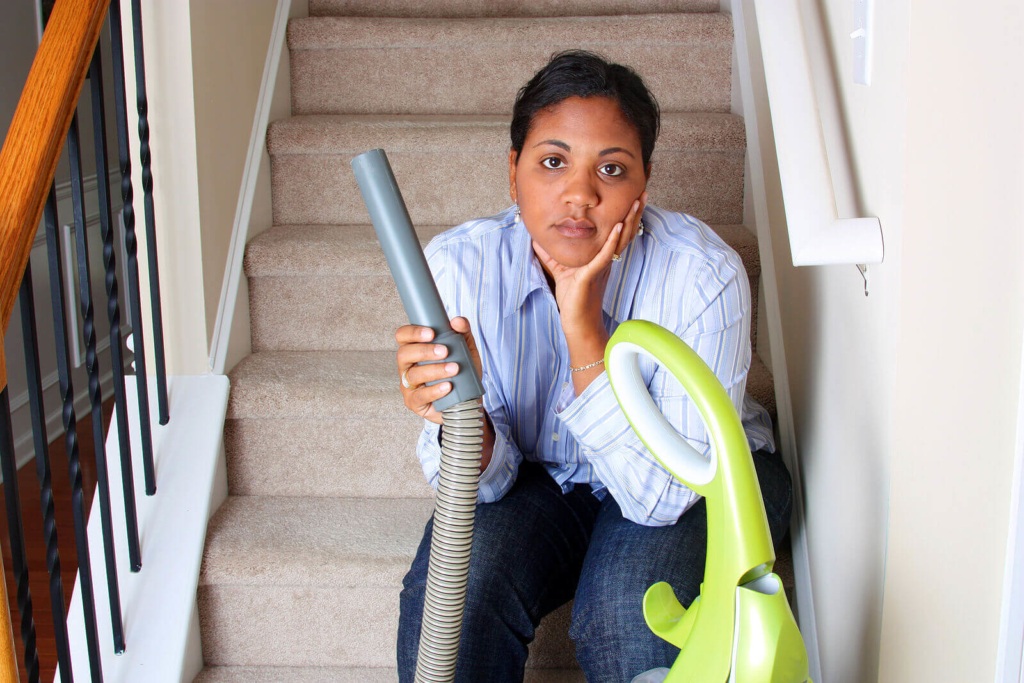We’ve all seen the TV show Friends and perhaps you had that programme in mind when you decided to move into a professional house share.
House shares offer many benefits to tenants — including lower rent and company — however, there will likely be the occasional disagreement that needs resolving, as with any household.
However, very rarely, there will be housemate disputes that are more than just a little argument — and these can occur whether you were friends before moving in together or not.
If you feel like you live with a housemate from Hell, this article is for you. The good news is, all housemate problems can be resolved one way or another, so read on for advice that suits your current situation.
Problem: I hate my housemate
If you’ve come to the realisation that you strongly dislike your housemate, you have two options. Firstly, you can sit down with them and talk everything through.
Often, the dislike stems from one particular incident, and then everything rubs you up the wrong way from then on.
Give each other the chance to talk and explain any actions or words that the other didn’t like, and you’ll often find that it was simply a misunderstanding.
I recently spoke to two housemates who weren’t getting on, and the root of the matter was that one of them was an extrovert, and the other was an introvert.
The introverted housemate enjoyed time alone and often headed to her room when she got home from work. Unfortunately, the extroverted housemate thought she was being rude and avoiding her — she took it personally.
After sitting down together to talk through this misunderstanding, the two housemates agreed that they would plan to spend quality time together once a week.
This plan enabled the introverted housemate to retreat to recharge her batteries when she needed to and encouraged the extroverted housemate to make plans with others on those nights, rather than placing expectations on her housemate.
In another household I spoke to, tensions had risen because of a housemate dumping used teabags on the kitchen work surface instead of putting them in the bin.
This may sound like a minor annoyance, but when repeated daily, it can create resentment.
It is best to address issues early on in cases like this rather than saying nothing and allowing the anger to grow.
Again, sit down and have a conversation about any issues you have. Your housemate may have some of their own they wish to bring up, so be prepared and go into the chat with an open mind.
Problem: I have an overbearing housemate

A housemate can be overbearing in various ways — from needing to know your schedule to treating you like a child or getting on your case about things such as cleaning.
I once spoke to a tenant whose housemate was often angry about cleaning, but not because their fellow tenant wasn’t cleaning — instead, because he was doing extra cleaning to what was on the rota and sometimes doing the cleaning allocated to other housemates.
If you have a controlling housemate, the most crucial point to remember is not to be a pushover. If you allow the behaviour to continue, it will.
Request a meeting with them and, while being empathetic, explain how their behaviour makes you feel. The chances are, they’ve never stopped to consider that — they are just fixated on things being done the way they want them doing.
Outline your boundaries and limitations and continue to stand by those going forward — reminding your housemate of your boundaries if they violate one. Be assertive in this situation, or the violations may begin to occur more frequently.
If you think it might help, try to limit the time you and your housemate spend together — at least for a little while.
As a final note, be mindful of your behaviour — your housemate has every right to be annoyed if you don’t clean or tidy up after yourself and bring friends home every night to party into the wee small hours!
Problem: I have a passive-aggressive housemate

Passive aggression is a form of control, so some controlling people assert themselves in a passive-aggressive manner instead of directly.
An example of passive-aggressive housemate behaviour is the appearance of angry sticky notes around the house. If you then speak to the housemate and enquire about the issues raised in the sticky notes, they will often say they are “fine” and not wish to engage in a conversation about it.
Another example is a housemate saying unpleasant things to you but in a way that could be taken in multiple ways — for example, “It’s rare to see someone your age wearing a skirt that short” or “Oh, are your hair straighteners broken?”
Firstly, you could try having a conversation with your passive-aggressive housemate where you offer them space to air their issues openly. Given a platform, they may feel able to open up more directly.
If that doesn’t work, try responding to every sticky note or comment they make — passive-aggressive individuals tend to be hiding from potential conflict. So, if you create conflict in reaction to their behaviour, they may begin to limit those behaviours.
If you are no longer happy in your house share and there are no signs of your housemate changing, then you may wish to change your living arrangements, with one of you moving out.
Problem: I have an abusive housemate
An abusive housemate is very rare, but if your housemate is abusive, then this is unacceptable.
Abuse can take many forms, as it is any action that intentionally harms or injures another person.
For example:
- Emotional abuse
- Psychological abuse
- Physical abuse
- Verbal abuse
- Financial abuse
- Sexual assault and rape
If you feel unsafe in your own home, then you must contact the Police immediately.
If you are in a relationship with an abusive housemate, you could also contact a local charity for support, such as Leeds Domestic Violence Service, Behind Closed Doors, or Leeds Women’s Aid.
Regarding your living arrangements, you can get in touch with Citizen’s Advice to find out where you stand and then you’ll probably need to contact your landlord or letting agent.
Stay on the Pickard Properties blog to read about common housemate problems, how to deal with a problematic housemate, and how to avoid being one yourself.



